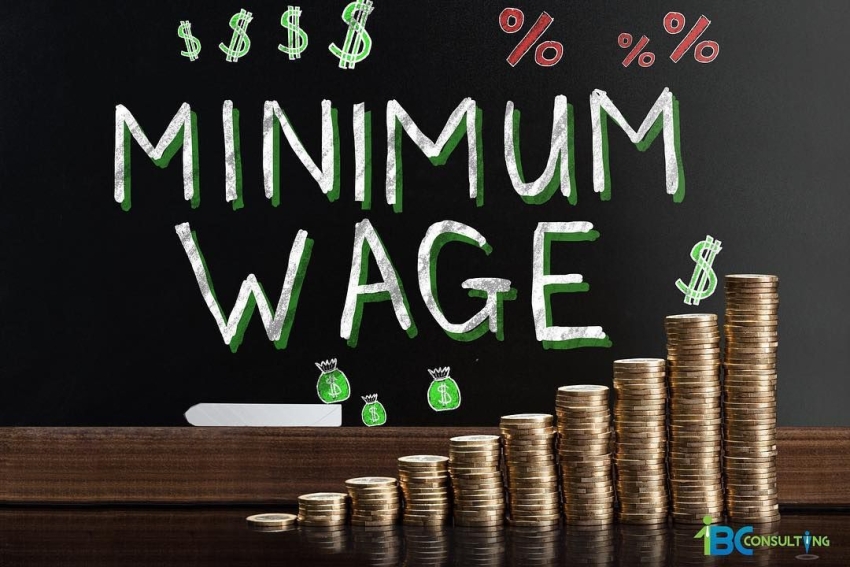This report was compiled by the Minimum Wage Commission, comprising members from across civil society, and was submitted to Cabinet. The liveable wage, she stresses, does not mean employees are to produce subpar work.
“What is important is that the employees give employers a fair day's work for a fair day's wage. We do not want the quality of work to decrease. We don’t want instances of employees not reporting to work on time and things like that. So this is something we may have a little challenge with,” she explained. She says the government wants employees and employers to work hand-in-hand to ensure a smooth transition into the implementation of the liveable wage. “But the fact remains that the government will want the public to get a fair wage.”
One concern of the government, she noted, is the possible increase in the cost of living. “Once you up the wage, the cost of living will go up. The minimum wage has serious implications. The cost of goods in the supermarket and the public domain will go up,” the Minister explained. However, she adds the government plans to observe the prices following the liveable wage’s implementation. “That's where price control comes in. Government has to monitor that closely. Businesses cannot just put a mark-up in goods.”
According to Albert-Poyotte, the liveable wage varies from sector to sector and reflects different job demands. “The minimum is not a flat wage across the board. So farmers will know the wage for farmers, carpenters, masons, etc in an hourly rate.”
After sufficient public consultation, she says, the liveable wage will be applied.


